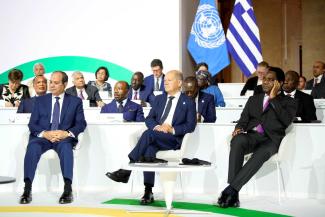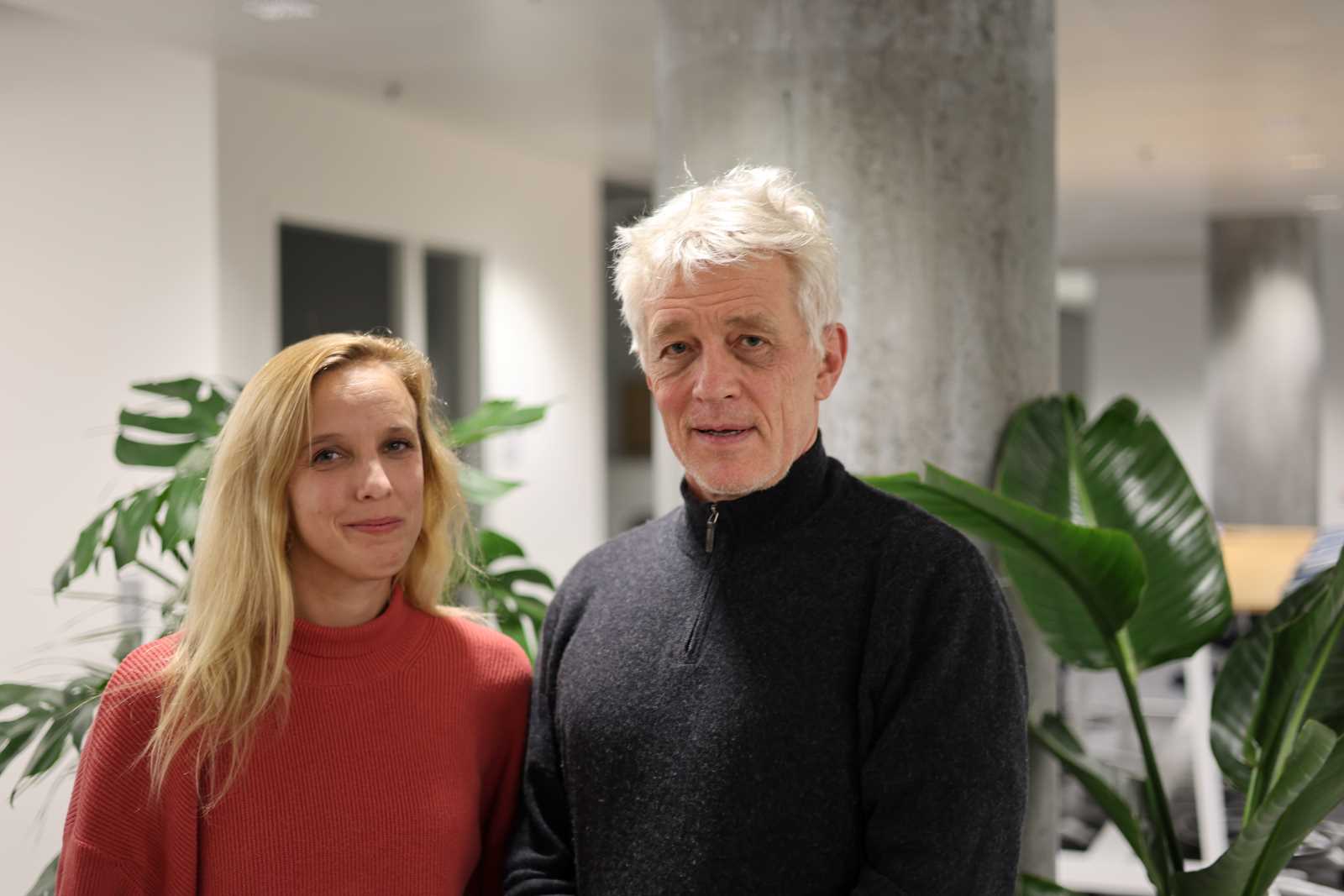Global governance
The SDGs are as important as support for Ukraine is

For several reasons, the system of global governance simply does not serve their needs:
- In view of atrocious warfare, which only rarely affected Europe in recent decades, the Security Council often remains impotent because a permanent member wields its veto. Russia, China and the USA have done so in recent times.
- The universal declaration of human rights is not universally observed. The UN has no effective tools of enforcement.
- The global ecosystem is set to collapse. The UN conventions on climate change, biodiversity and desertification are not fit for purpose so far.
- In the past 20 years, the EU and the USA opted for bilateral trade agreements instead of focusing on the WTO’s Doha Development Round, which did not include topics like investors’ rights that they were keen on.
- Though sovereign debt crises have been a recurring phenomenon for decades, there still is no coherent legal system to resolve them.
For similar reasons, Financial Times columnist Martin Wolf accused western powers of hypocrisy in the 12 July issue. One consequence is that western governments find fewer partners than hoped for sanctions on Russia. We have rudimentary foundations of global governance, but they do not make the world a safe place for all. Much remains to be done.
Highly relevant summit
In this setting, the summit on development and climate finance which the French government hosted in Paris in June was an important opportunity. It did not deliver globally binding results, but it did set the stage for far-reaching decisions. Some radical ideas such as introducing global taxes for global public goods are interesting, but difficult to implement, at least in the short run.
More pragmatic proposals included: High-income nations should make many billions of special-drawing rights, a kind of internal IMF currency, available for less fortunate countries’ climate needs. International financial institutions should shield investments in essential projects in developing countries from currency risks. The G20’s common framework on debt treatment should be expanded to include middle income countries.
An incremental result in Paris was that creditor governments agreed on a debt-restructuring deal for Zambia. It postpones payments and reduces interest rates, but does not include write downs, as Zambian and Western diplomats had demanded. China disagreed. Whether the deal gives Zambia’s economy the much needed new momentum, remains to be seen.
In our era of growing polarisation, it is difficult to reach consensus with China. Nonetheless, western governments must be more proactive in the pursuit of lasting solutions. Partners across the developing world see how fast and generously the west is mobilising support for Ukraine, which obviously neither Russia nor China endorse. Nor do some countries in Africa, Asia and Latin America.
Support for Ukraine is necessary. There can be no effective global governance if imperialist aggression of the Russian kind is allowed to prevail. Supporting disadvantaged nations in their fight against poverty and environmental disaster is just as urgent, however. Western action to tackle global challenges cannot wait until China eventually gets on board.
Finance ministers of rich nations should bear in mind that China’s Belt and Road initiative often seemed more generous to partners in Africa, Asia and Latin America that what western governments offered in recent decades. Now that China’s stubborn attitude to debt relief is sending a different message, western governments should grasp the opportunity. They must commit to investing in sustainable solutions. And they must keep all promises.
No luxury
The Sustainable Development Goals (SDGs) are not a luxury. If humanity does not get a grip on poverty and environmental decline, ever more disasters will increase deprivation, destitution and despair. The results will include more scapegoating, hatred and violence. Failure is not an option. It would make life much more uncomfortable everywhere, very much including high-income countries.
SDG achievement, including in high-income countries, however, would equal giant steps towards a true rules-based world order. If high-income countries do not pave the way, they are implicitly renouncing any serious claim to global leadership.
Hans Dembowski is the editor-in-chief of D+C/E+Z.
euz.editor@dandc.eu














